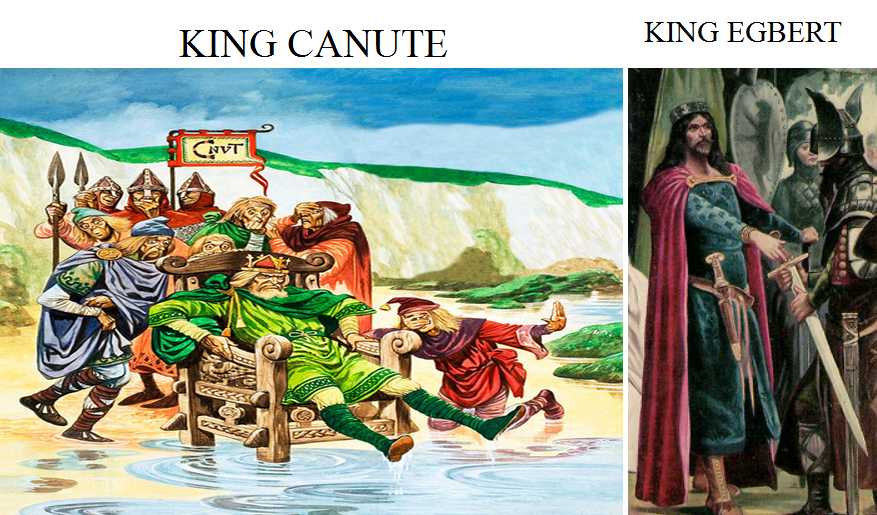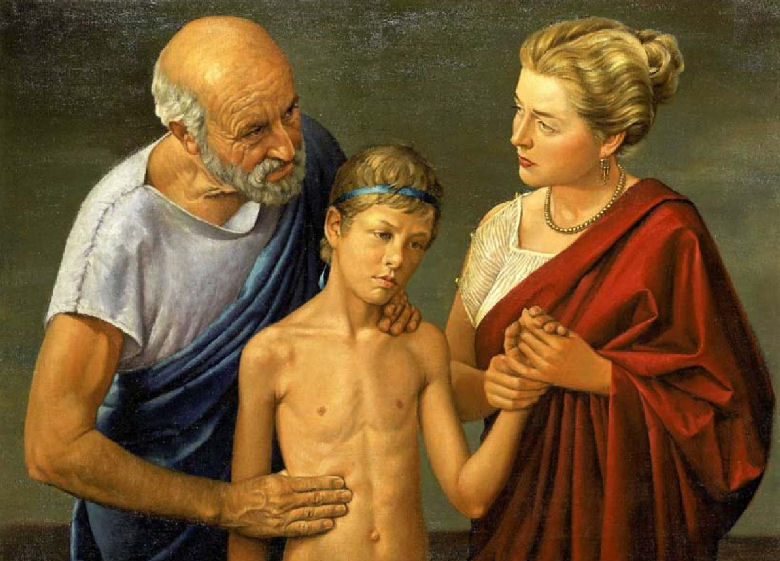Monthly Archives: April 2014
347.WHY DO WE HAVE TO PAY TAXES?
RIDICULOUS TAXES
Taxation has been resorted to in all developed communities to pay for public services provided by the ruler or other form of government. In the Roman Empire tax gathering was farmed out to contractors known as Publicani, who paid the State an agreed sum and then collected what they could.
In England the earliest example of the central government’s attempt to impose a national tax was the Danegeld in the 10th century. Under the Plant agenets, the monarch depended for his income partly on the revenue from the Crown lands and partly from fees collected from his principal tenants in place of the obligation to perform military service on their king’s behalf.
346.WHO WAS THE FIRST RULER OF ENGLAND?
We tend to think of Britain as being part of Europe since the beginning of history, but actually this isn’t so. It wasn’t until the first century B.C., when the Romans invaded Britain, that anyone in Europe knew anything at all about Britain. Its history before that is something we know very little about.
At the time of the first invasion, the inhabitants were called Britons. They spoke various Celtic dialects, practiced some agriculture, raised cattle and horses, and used iron for their tools and weapons. Most of them lived in thatch-roofed huts in small villages. It was the Romans who built cities there and connected them with roads.
345.WHO WAS HIPPOCRATES?
In many doctors’ offices, you will see a framed document on the wall called the Hippocratic Oath. This is an oath taken by doctors when they graduate from medical school. What is this oath and who was Hippocrates?
Before the age of scientific medicine, which we have today, man had a form of medicine that depended on magicians and witch doctors. Then, in ancient Egypt and India, a more sensible form of medicine developed. The ancient Egyptians, for example, were good observers. They had medical schools, and practiced surgery. But the treatment of disease was still a part of the Egyptian religion, with prayers, charms, and sacrifices as a part of the treatment.




